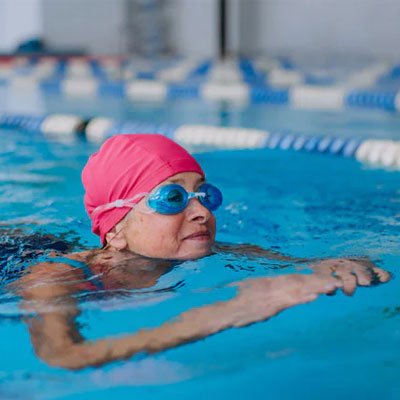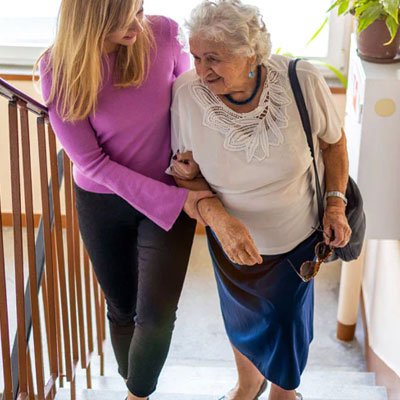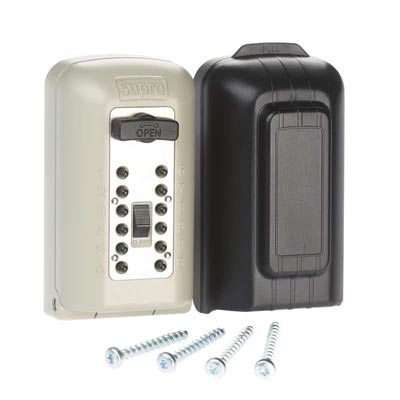Lifestyle tips
Get expert tips for leading a healthy lifestyle in later life. Stay active, socialise, pay attention to mental wellbeing, and eat a balanced diet to thrive and enjoy life's precious moments.
Get Your Falls Risk Score
Every 10 seconds, a loved one in the UK has a fall. Find out your risk score in 2 minutes.
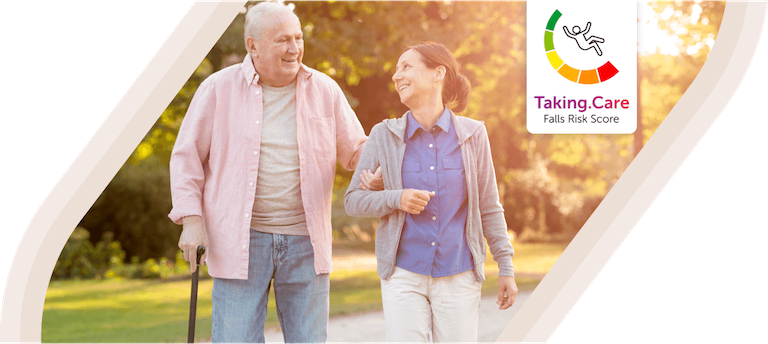
Leisure and activities
Engaging in leisure activities is crucial for the overall wellbeing of older adults as it can alleviate stress, enhance sleep quality, and boost energy levels.
Mental health and wellbeing
As we age, it's important to prioritise mental health by staying connected, doing fun activities, and seeking professional help if needed, leading to a positive outlook on later life.
Seasonal advice
Discover ways to keep your elderly loved ones safe from extreme temperatures and seasonal changes. Learn how to keep them cool in the summer and warm in the winter with our advice and tips.
Elderly care experts answer biggest questions about later life lifestyle
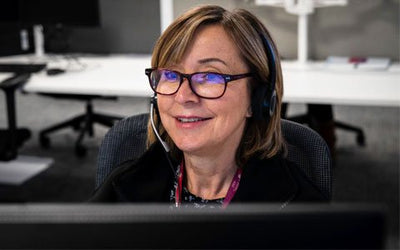
How can I improve my quality of life as an older or elderly person?
What are the common, basic needs of older adults?
What problems do elderly people often face in daily life?
How can I make my elderly parents life easier?

Unfortunately my 89 year old mother lives on her own and fell in her bedroom. She has worn a Taking Care personal alarm for the past 4 years and was able to call for help immediately by pushing the alarm button she wears on her wrist.
Lynn's Mum was able to call for help using her personal alarm when she fell

Even though my sister lives in the same village, I like the peace of mind that the app gives us when mama is alone.
James lives 600 miles away from his elderly mum but uses an innovative solution to monitor her care and wellbeing.
